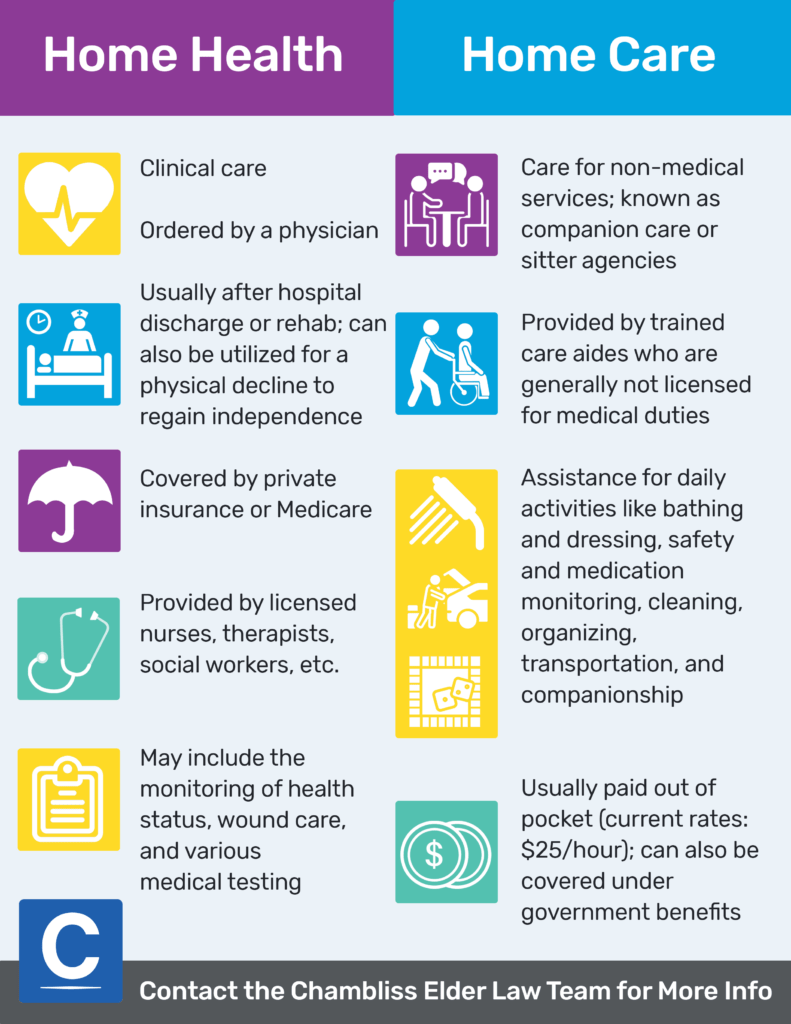How home care providers support independence for people with disabilities
How home care providers support independence for people with disabilities
Blog Article
Everything About Home Treatment Providers for Individuals With Disabilities: NDIS Registered Support
Home care services under the NDIS play a crucial function in supporting people with specials needs. These solutions are designed to enhance everyday living with tailored help, varying from individual like movement support. Comprehending exactly how to browse these choices can be complicated. This introduction discovers the numerous elements of NDIS home treatment, from readily available solutions to the choice of service providers, highlighting essential considerations for those seeking support. The journey towards encouraged treatment begins here.
Understanding the NDIS and Its Purpose
The National Impairment Insurance System (NDIS) works as a transformative structure made to give assistance and services for people with handicaps. Developed to improve the high quality of life and guarantee fair access to necessary resources, the NDIS empowers individuals by using individualized strategies customized to their distinct demands. It intends to foster independence, making it possible for individuals to seek their personal goals and aspirations.Through a structured approach, the NDIS allots financing for different supports, consisting of education, work support, and area involvement. This all-encompassing system not only concentrates on instant care yet likewise emphasizes long-lasting developing results. By promoting option and control, the NDIS encourages individuals to select their favored service providers, assuring that care lines up with their preferences and worths. Ultimately, the NDIS stands for a significant commitment to boosting the lives of people with specials needs, fostering inclusivity, and developing a more helpful society.
Kinds of Home Treatment Services Available
Numerous sorts of home treatment services accommodate people with disabilities, mostly concentrating on individual care support and respite care options. Personal care help gives important support with day-to-day tasks, while reprieve treatment supplies temporary relief for primary caregivers. Comprehending these solutions is crucial for making certain the health of both people with disabilities and their families.
Personal Care Assistance
While maneuvering life can present difficulties for individuals with impairments, personal treatment aid supplies crucial assistance tailored to their special requirements. This sort of home treatment service encompasses a range of activities made to advertise freedom and improve lifestyle. Personal treatment aides help with daily jobs such as showering, dressing, brushing, and toileting, making certain people preserve individual hygiene and convenience. They may also aid with dish preparation, drug administration, and wheelchair support. By giving customized care, these experts empower people to engage even more completely in their daily regimens and social activities. Overall, individual care help plays a considerable role in promoting dignity and freedom for those with disabilities, permitting them to flourish in their home setting.

Break Care Options
Respite treatment acts as a crucial source for family members and caretakers of people with specials needs, supplying momentary relief from the demands of daily caregiving. This kind of solution can take various forms, consisting of at home reprieve care, where qualified experts check out the home to help with care jobs. Additionally, households may go with facility-based break care, where people receive treatment in a customized environment, enabling caregivers to take a break. Furthermore, some organizations provide emergency break solutions for unpredicted conditions. These choices not just help alleviate caregiver stress yet also advertise the well-being of individuals with handicaps by using them brand-new experiences and social interaction. On the whole, respite treatment plays a crucial function in sustaining both caregivers and those they take care of.

How to Access NDIS Home Care Providers
Accessing NDIS home treatment services entails recognizing the qualification criteria set forth by the National Disability Insurance System. Individuals must browse a structured application process to safeguard the needed support customized to their needs. This area will clarify both the qualification requirements and the actions associated with using for services.
Qualification Requirements Discussed
To get approved for NDIS home treatment services, individuals should fulfill specific eligibility requirements that examine their needs and circumstances. Applicants must be aged in between 7 and 65 years and have a irreversible and significant disability that influences their capacity to execute day-to-day tasks. Furthermore, they should be an Australian citizen, a copyright, or hold a Protected Unique Group Visa. The NDIS needs evidence of the handicap, generally through clinical evaluations or reports. Furthermore, individuals need to show that they need support to take part in financial and social life. These requirements ensure that Source solutions are guided in the direction of those who genuinely require assistance, advertising independence and boosted lifestyle for individuals with handicaps.
Application Process Actions
Can I Select My Own Support Workers With NDIS?
The private inquired whether they might pick their own support workers under the NDIS framework. Typically, participants have the flexibility to select assistance employees, fostering customized care that straightens with their specific demands and preferences.
What Takes place if My Needs Adjustment After Getting Assistance?
They should communicate these changes to their solution provider if an individual's requirements modification after getting support. Modifications can be made to the care plan, guaranteeing that the support stays effective and appropriate for their conditions.

Are There Limits on Just How Many Hours of Treatment I Can Receive?
The private asked about prospective restrictions on the number of treatment hours got. Usually, such limits might exist based on particular policies or funding setups, highlighting the significance of reviewing arrangements and guidelines consistently.
Can I Make Use Of NDIS Funding for Home Adjustments?
The question of making use of financing for home modifications develops often. Typically, individuals may utilize NDIS financing for essential modifications to their homes, guaranteeing availability and safety and security, contingent upon conference particular qualification standards and guidelines.
How Do I Take care of Grievances Regarding My Home Care Solutions?
To attend to complaints about home treatment services, people need to initially document their issues. After that, they can connect directly with their solution supplier, seeking resolution, or intensify the issue to pertinent oversight bodies if necessary. Home treatment services under the NDIS play a crucial role in sustaining people with impairments. Numerous types of home treatment solutions provide to individuals with handicaps, mainly concentrating on individual care help and respite care alternatives. support at home. Personal care assistance gives essential assistance with day-to-day tasks, while respite treatment supplies temporary relief for main caregivers. Households may choose for facility-based break care, where people obtain treatment in a customized atmosphere, allowing caregivers to take a break. Just how can family members efficiently take care of the economic facets of home care services for people with handicaps?
Report this page